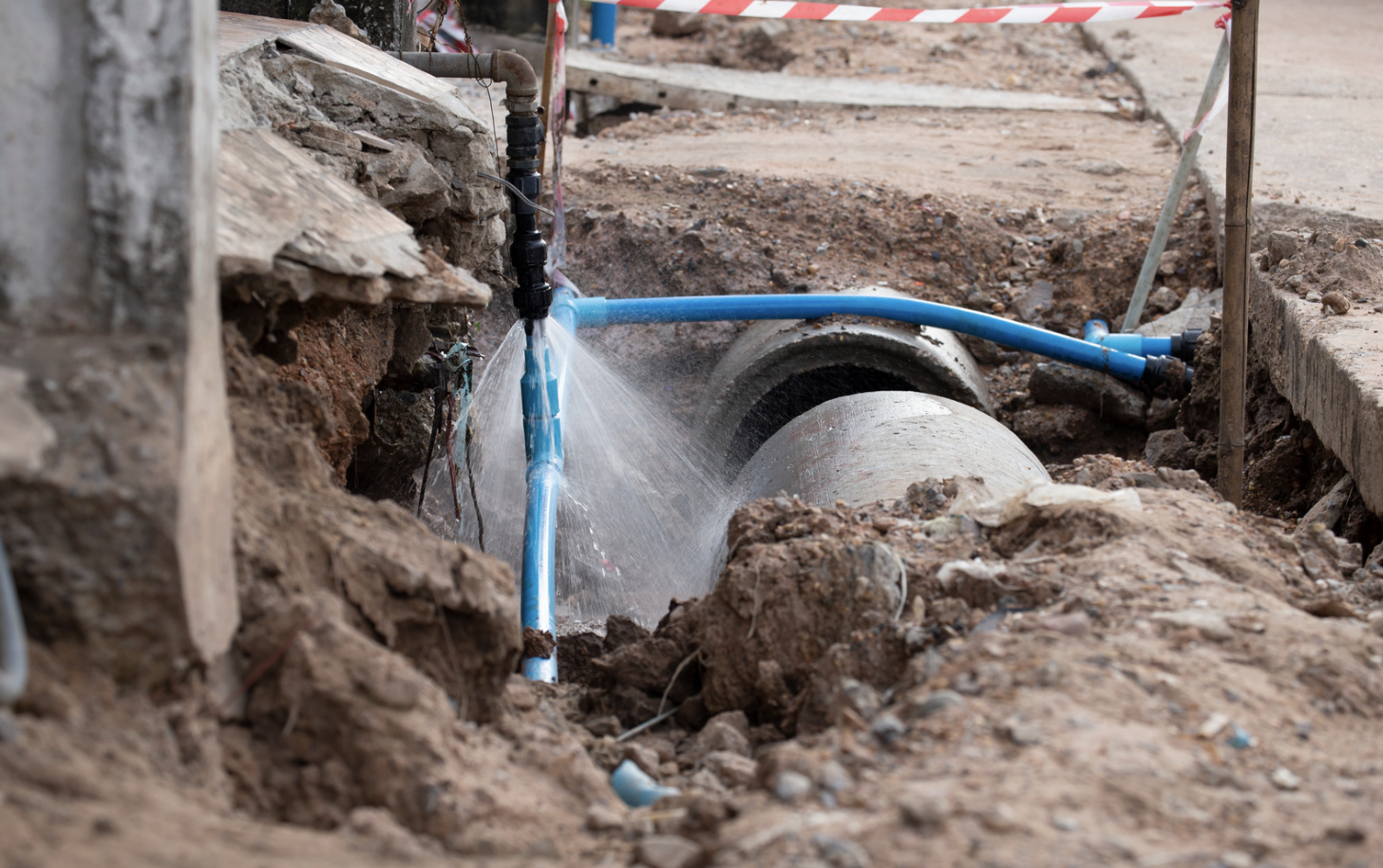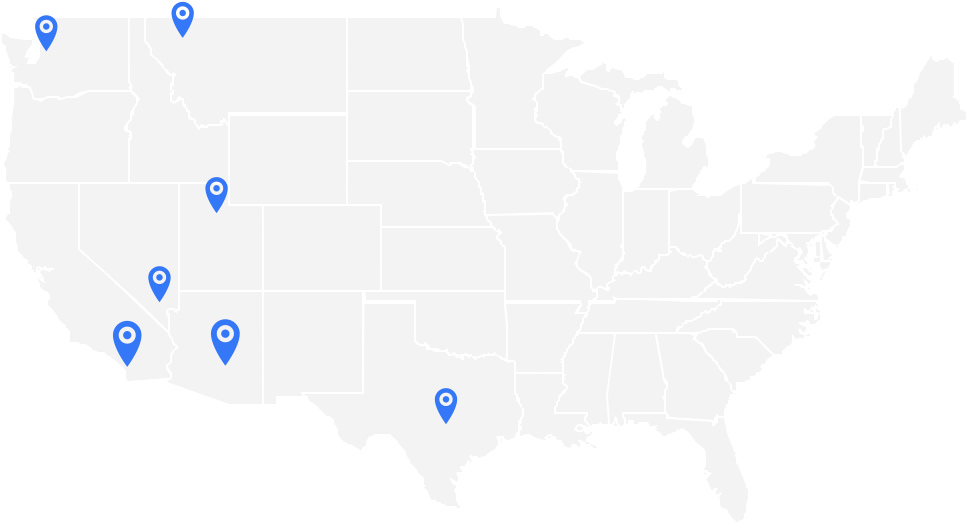Maintaining the health of your home’s plumbing system is essential to ensuring a hassle-free and efficient experience. After all, pipes are vital in water distribution and waste removal. Neglecting their maintenance could result in expensive fixes and unnecessary inconvenience. We’ve put together a checklist of 10 maintenance strategies that you can implement today to maintain your pipes’ optimal condition. These practical steps will not only prolong the lifespan of your pipes but also prevent possible problems in the future.
1. Regular Inspections
Schedule routine inspections of your plumbing system to identify any early signs of damage, leaks, or corrosion. A professional plumber can conduct a thorough assessment and catch minor issues before they escalate into major problems.
2. Keep Drains Clean
Avoid pouring grease, oil, or food scraps down the drain, as they can accumulate and cause clogs. Use drain strainers to catch hair and debris, and regularly clean them to maintain proper water flow.
3. Mindful Water Usage
Conserve water to ease the pressure on your plumbing system and lower your utility expenses. Timely repair of any leaks, installation of low-flow fittings, and minimizing water wastage as much as possible is recommended.
4. Avoid Chemical Drain Cleaners
Though chemical drain cleaners appear to provide immediate results for blockages, they carry potential long-term harm to your pipes. It is advisable to consider using natural substitutes or use tools such as a plunger or plumbing snake for handling minor obstructions.
5. Inspect for Leaks
Regularly check for leaks around your sinks, toilets, and appliances. Even small leaks can waste water and cause damage to your home. Address leaks immediately to prevent further problems.
6. Insulate Pipes in Cold Weather
During freezing temperatures, insulate exposed pipes to prevent them from bursting. Frozen pipes can cause extensive water damage and require costly repairs.
7. Be Mindful of What You Flush
Do not dispose of non-degradable items like wipes, feminine hygiene products, or paper towels in the toilet. Limit your toilet usage to disposing of toilet paper only, to avoid blocking your plumbing system.
8. Avoid DIY Plumbing Repairs
While it’s tempting to tackle plumbing issues on your own, inexperienced repairs can worsen the problem. Always opt to hire a licensed plumber for all kinds of repairs or installations.
9. Monitor Water Pressure
Water pressure that’s too high can potentially damage your pipes, leading to leaks or even causing them to burst. It’s recommended to use a water pressure gauge to regularly check the pressure. If it’s found to be too high, you should adjust it to keep it within a safe level.
10. Regular Water Heater Maintenance
Flush your water heater regularly to remove sediment buildup and prevent reduced efficiency. Additionally, have your water heater inspected by a professional at least once a year to ensure optimal performance and longevity.
Keep Your Plumbing System Smooth
Proper maintenance of your pipes is essential to avoid costly and disruptive plumbing issues. By following these ten maintenance tips, you can keep your pipes in excellent condition, prevent leaks and clogs, and extend their lifespan. Remember that regular inspections, mindful water usage, and professional assistance when needed are key to a healthy and efficient plumbing system. By investing a little time and effort into maintaining your pipes, you can enjoy a stress-free and reliable plumbing experience in your home or business.






